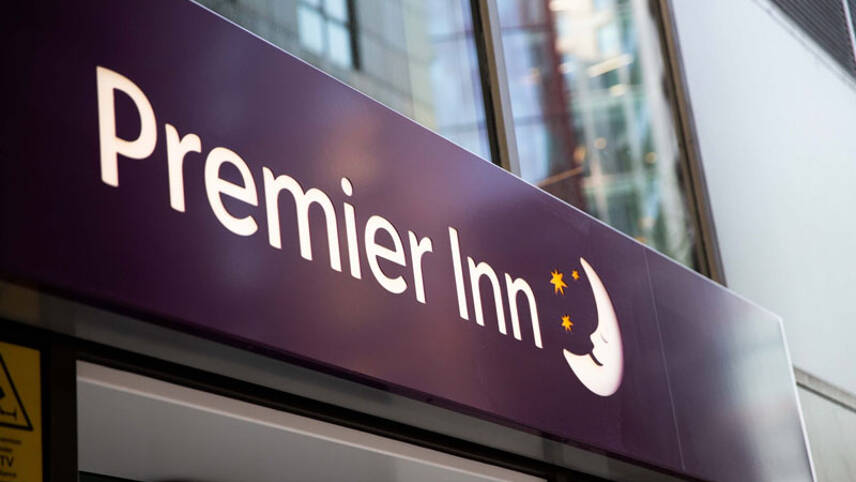Register for free and continue reading
Join our growing army of changemakers and get unlimited access to our premium content

The transition plan is aligned with the Science-Based Targets Initiative’s (SBTi) net-zero standard, which requires businesses to reduce emissions across all scopes by 90% by 2050 at the latest. Whitbread has chosen 2040 as its net-zero deadline for Scope 1 (direct) and Scope 2 (power-related) emissions, and 2050 as the deadline for net-zero indirect (Scope 3) emissions.
Transitioning energy sources is a key focus of the plan. Whitbread has pledged to use 100% renewable electricity by 2026. Most of this will be purchased, but there are also plans to accelerate the deployment of onsite solar.
The hospitality giant has, furthermore, outlined plans to remove mains gas from its existing estate of more than 800 hotels by 2040. It will switch kitchen equipment with electric alternatives and use air-source heat pumps. Mains gas notably accounts for around 42% of Whitbread’s operational emissions footprint.
Whitbread will undertake a ‘net-zero audit’ of all sites to identify appropriate technologies for energy efficiency and low-carbon heating. The firm has already switched to heat pumps at some 40 existing hotels.
New-build hotels will need to be constructed to standards that ensure net-zero operational emissions. They will not be connected to mains gas, for example. The first hotel built to this standard is set to open in Swindon later this year and will be the first all-electric Premier Inn.
Earlier this week, the results of the UK’s biggest survey of domestic heat pump users were published by innovation charity Nesta. They revealed that more than 80% of people were satisified.
Scope 3
Aside from emissions relating to energy use in buildings, the Whitbread’s net-zero transition plan also focuses on emissions from transport and from the upstream supply chain.
It includes a commitment to transition Whitbread’s entire corporate car fleet to electric vehicles by 2030.
It also updates the firm’s Scope 3 emissions targets. Whitbread will target a 58% reduction in Scope 3 emissions by the 2030 financial year, increasing to 90% by 2050. A key focus will be emissions relating to food and beverages.
Whitbread’s head of sustainability Rosana Elias said the new plan “doubles down on [the business’s commitment to reinvent budget hotels for the net-zero age”.
She also emphasised that the plan will likely change over time, adding: “We don’t claim to have all the answers now, but our plan will evolve over time and evolve as the technologies and policies that we rely on for success develop further.”
Join the conversation at edie’s Scope 3 workshops in London this month
Sustainability professionals interested in tackling value chain emissions can apply for a place at edie’s in-person Scope 3 workshops in London, featuring expert advice and insight from the likes of the BBC, The Estée Lauder Companies and the Department for Energy Security and Net Zero.
Taking place at the IET London: Savoy Place on Wednesday 21 June 2023, this full-day event creates the time and space for professionals to identify new ideas and actions when it comes to effectively engaging with suppliers and taking control of scope 3 emissions.
Click here for full details and to apply to attend.


Please login or Register to leave a comment.